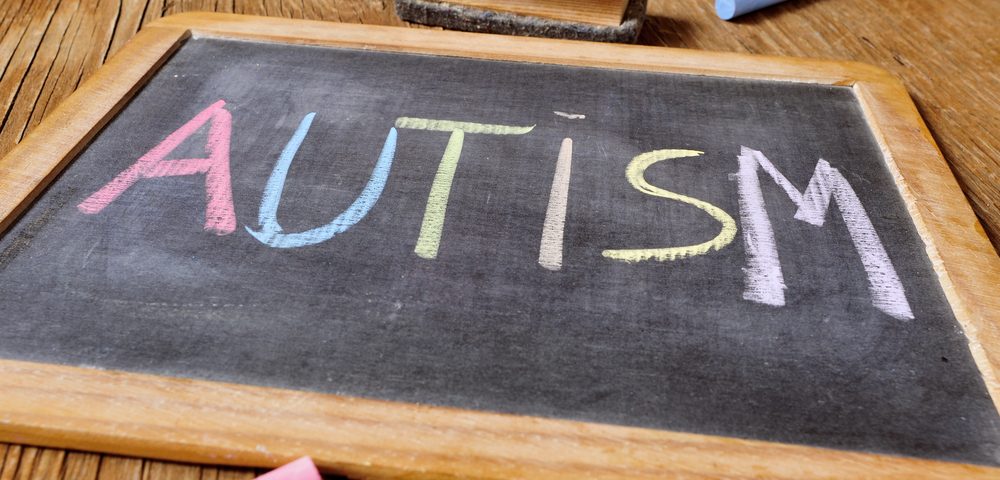Researchers found that people with epilepsy or with a first-degree relative with epilepsy have an increased risk for an autism diagnosis, especially if the condition appears in childhood. Their findings indicate that siblings and children of epilepsy patients are also more likely to be diagnosed with autism.
The research paper, “Autism and epilepsy: A population-based nationwide cohort study,” was published online in Neurology, the journal of the American Academy of Neurology.
Although a definitive relationship between the conditions is not completely understood, researchers suggest there is a strong association between autism and epilepsy, with the highest risk of autism in patients who were diagnosed with epilepsy when they were children.
According to the Autism Research Institute, more than 35 percent of children with autism develop clinical seizures by adolescence, as compared to fewer than 1 percent of children in the general population.
In this study, researchers investigated the risk of autism spectrum disorder (ASD) in people with epilepsy and in their first-degree relatives. A total of 85,201 patients with epilepsy, identified through the Swedish Patient Register, were included in the study, as well as their siblings (80,511) and children (98,534). Each patient with epilepsy was compared to five matched controls, while siblings and offspring were compared to the siblings and offspring of controls. Siblings and offspring with epilepsy were excluded from the study.
During the study’s follow-up, 1,381 people (1.6 percent) with epilepsy and 700 controls (0.2 percent) were diagnosed with autism spectrum disorder. According to calculations of hazard ratios for future autism diagnosis, individuals with epilepsy were at higher risk of future ASD, with the greatest risk seen in those who were diagnosed with epilepsy in childhood.
The siblings and children of epilepsy patients were at increased risk of ASD, and the risk in offspring was especially high when the mother had epilepsy. Offspring of mothers with epilepsy had a 91 percent increased risk while offspring of fathers had a 38 percent increased risk.
“Other studies have linked the two conditions. However, our study looks specifically at the brothers and sisters and sons and daughters of people with epilepsy to determine a possible autism risk in these relatives,” said first author Heléne E.K. Sundelin, MD. “The goal is to find out more about how these two diseases may be linked so that treatments may be developed that will target both conditions.”


